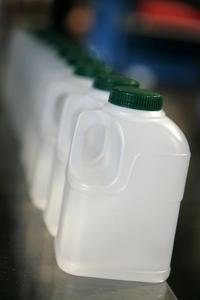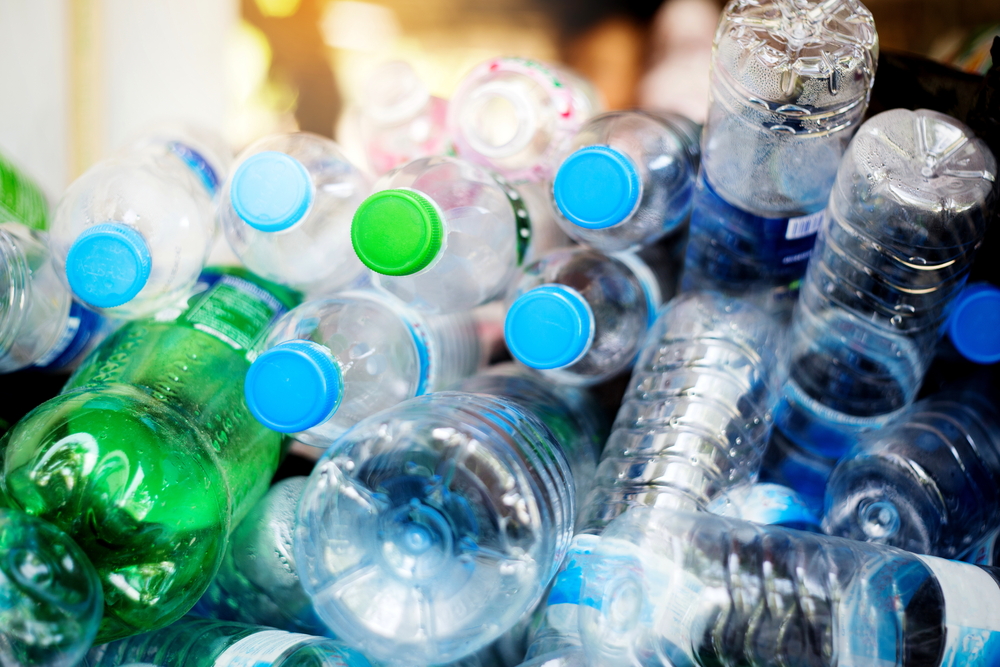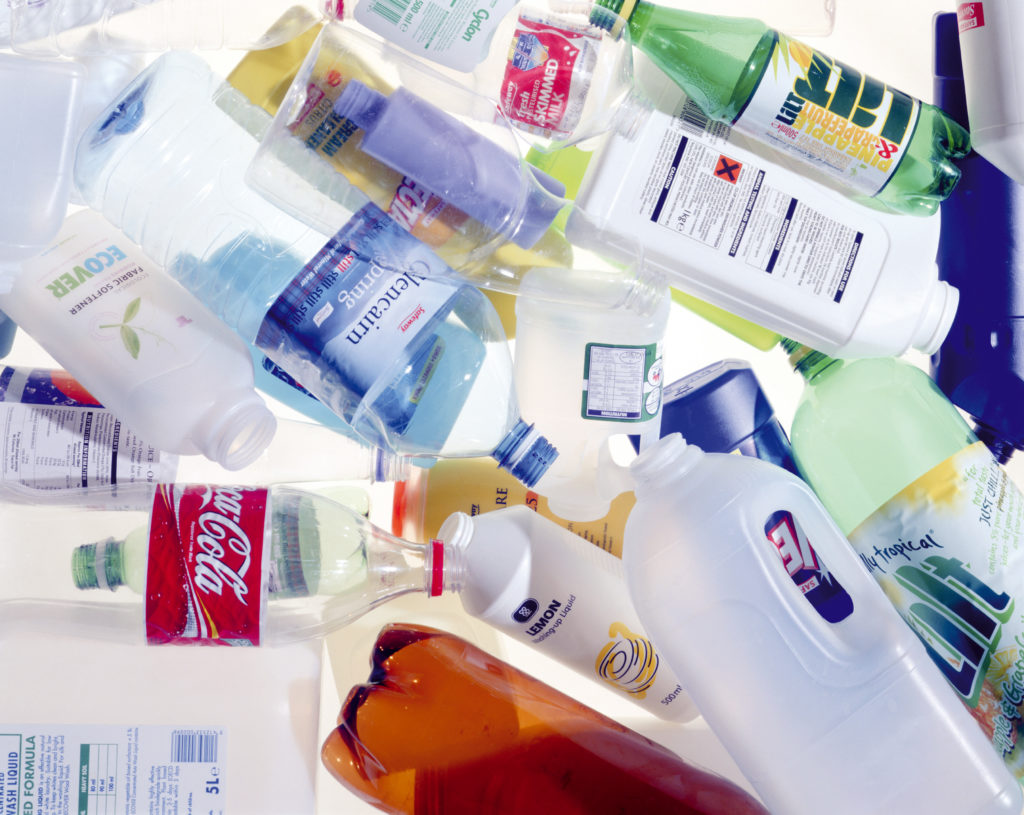The Waste and Resources Action Programme has teamed up with plastic bottle manufacturer Nampak and milk producer Dairy Crest on the project, which they believe could cut HDPE plastic use by 5,000 tonnes a year if the new bottles are taken up by the dairy industry as a whole.
The handle on four-pint milk bottles appear to have received a stay of execution, but WRAP's retail team believes consumers will accept the loss of handles on the smaller milk bottles.
The key issue for designers is to phase out the handles without weakening the bottles – the current designs see “significant structural support” from the handles.
“Vital”
Peter Skelton, from Banbury-based WRAP, explained: “Plastic milk bottles are probably the most common plastic item found in household waste and manufacturers and brand owners have taken the current handled designs as far as they can go in terms of lightweighting – the vital next step is perfecting a handle-free design which works for the consumer. This project is the first phase in a much larger project with the dairy industry.”
Dairy Crest, which has its headquarters in Esher, Surrey, processes around one billion litres of fresh milk each year.
It alone would save 1,250 tonnes of HDPE plastic if using the new bottle designs.
Buckinghamshire-based Nampak will develop the new bottle working closely with Dairy Crest's designers.
Richard Pryor, innovations controller at Dairy Crest said: “We know consumers need a handle on the large four pint milk bottles but this project is to understand just how much of a necessity handles are on the smaller one and two pint bottles.
“We don't have handles on bottles of squash, juice or carbonates however the handle provides significant structural support for the bottles, so the project will focus on determining the considerable barriers of moving to a lighter bottle, and explore consumer acceptance, ergonomic grips, ease of opening, as well as production, filling and transport trials,” Mr Pryor said.
Best in class
Results of the project are expected to be published in the summer 2008. If consumers accept the smaller bottle, the project could see the new design become a new “best in class” bottle for the dairy industry.
Dairy Crest is part of the voluntary producer responsibility agreement between retailers and manufacturers called the Courtauld Commitment. It aims to cut the amount of packaging ending up on supermarket shelves.
The company signed up to the Commitment this month.
Mr Pryor said: “The HDPE bottle will be recyclable, retaining one of the key benefits of the existing Best in Class bottle. This feature combined with the lighter weight of the handle-free design means the milk industry will be well-placed to make a significant contribution to the UK's success in diverting waste from landfill and reducing carbon emissions.”










Subscribe for free